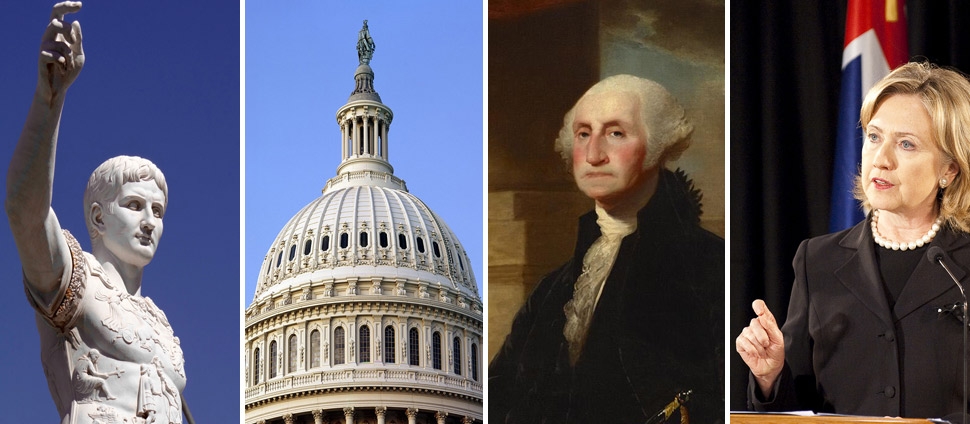Document Type
Article
Publication Date
11-24-2023
Publication Title
PS: Political Science and Politics
Abstract
The US-China relationship has worsened dramatically in recent years. After decades of pro-engagement policies toward China, a bipartisan consensus began to emerge around 2016 that engagement had neither accomplished US policy goals (such as encouraging China to liberalize politically) nor served US citizens well.1 At the same time, political changes within China have pointed to a declining appetite for engagement with the United States and sidelined the domestic constituencies who remained interested in cooperation and exchange. Further restrictions have shrunk the already limited space for media, civil society groups, and academic exchange in China. Pandemic-related border closures eliminated in-person exchanges almost completely for nearly three years. And some are concerned that China’s 2021 Personal Information Protection Law could be used to prosecute foreign researchers who conduct research in China (Lewis 2023).
First Page
1
Last Page
3
DOI
10.1017/S1049096523000835
Creative Commons License

This work is licensed under a Creative Commons Attribution 4.0 International License.
Rights
© The Author(s), 2023 Licensed to Smith College and distributed CC-BY under the Smith College Faculty Open Access Policy.
Version
Author's Accepted Manuscript
Recommended Citation
Newland, Sara A., "Introduction to the Symposium: China and the Campus" (2023). Government: Faculty Publications, Smith College, Northampton, MA.
https://scholarworks.smith.edu/gov_facpubs/65


